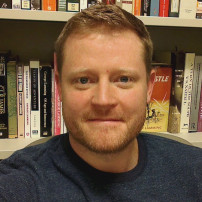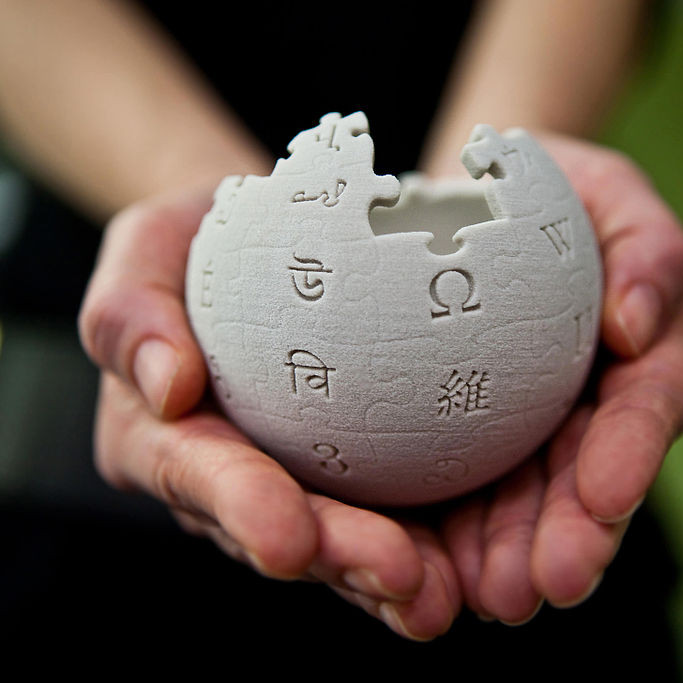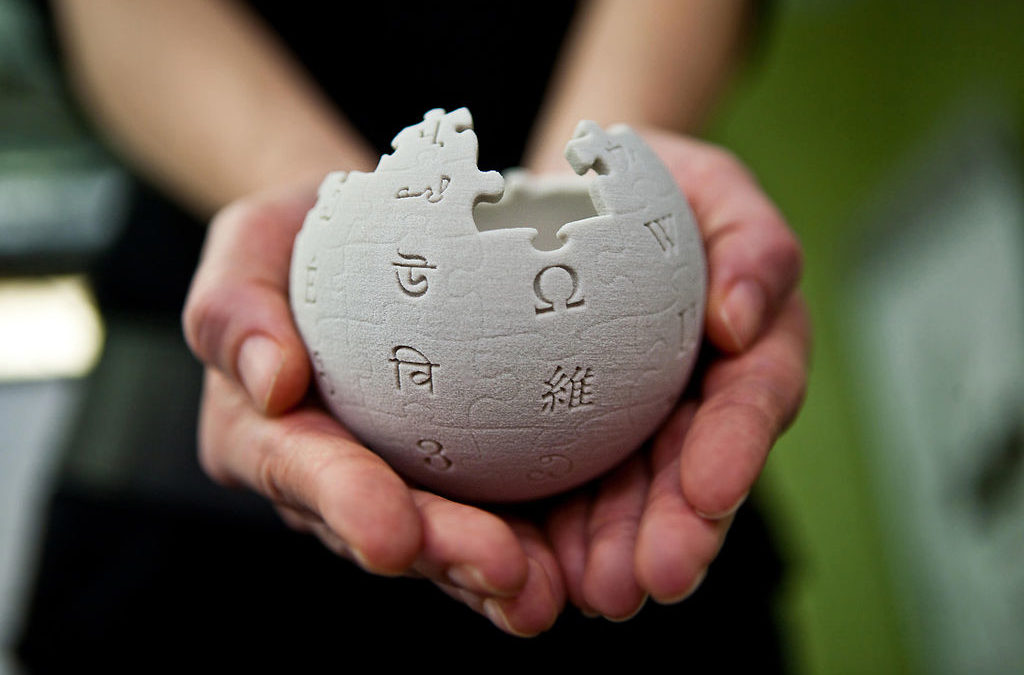 In July, two COD writing students were featured on Wikipedia’s Education blog for work they had done in my summer composition classroom.
In July, two COD writing students were featured on Wikipedia’s Education blog for work they had done in my summer composition classroom.
One of those students, a Navy veteran and self-described technophobe, created a Wikipedia article — from scratch — on the U.S. military’s sexual assault prevention and response program, or SAPR, which is intended to educate service members, support victims, and eventually eliminate sexual assault from all branches of the U.S. military.
The other writer, an ESL student from China who was openly self-conscious about her writing and communication abilities, was recognized for adding over 1,000 words to the article South of the Border, West of the Sun, which is a Japanese short novel by Haruki Murakami.
The research these two students conducted (which involved vetting sources and determining the most apt material to be included in the article), and the writing they produced, highlights the compelling potential that rests with using Wikipedia in college settings, despite its antithetical position throughout academia. Since Wikipedia’s inception in 2001, academics much like myself have struggled with the seemingly ubiquitous presence — yet questionable reliability — of the world’s largest free-access, free-content Internet encyclopedia.
I first began working with Wikipedia when I was an instructor at Loyola. My students arrived in class having been told by countless teachers not to use Wikipedia in academic contexts. I, too, had propagated this ‘rule’ in my classroom, yet part of me felt somewhat conflicted in doing so, as nary a day goes by that I personally don’t use or seek out information on that website. After all, Wikipedia is regularly the 6th or 7th most-visited website on the planet. So, if it’s such a regular staple in our daily lives, why all the academic vitriol?
In an attempt to address this discord, I put the question to my students. I asked them to select and evaluate the overall credibility of a Wikipedia article of their choice and to report back on their findings. Because Wikipedia is a secondary source, students were charged with vetting the source material listed in the reference sections, and were also asked to judge article content.
I was wowed by the tenacity with which my students engaged with such an assignment. Their findings both confirmed yet also threw into question our academic habit of banning Wikipedia. Some articles were shoddy, as expected, while others were incredibly sound. After doing this project multiple times (including last fall at COD), I decided to increase the rigor — and also the assignment’s audience — by requiring my writing students to contribute to an actual Wikipedia article.
After all, in traditional writing classes, students often produce a piece of writing which is seen only by their instructor, or perhaps by a few additional classroom peers. This Wikipedia project blows the door off that binary dynamic by offering a real, tangible community of readers. As many studies show, expanding writing assignments beyond the mere instructor is likely to result in better student work.
As of mid-August, the South of the Border, West of the Sun page has been viewed nearly 4,000 times by Wikipedia visitors since my student contributed to it. While this is a far cry from some of the more highly visited articles, that’s still a significant number for someone who was particularly self-conscious about her writing. Perhaps motivated by fear, she went to greater lengths knowing her work would be for the public to see.
In addition to an increased audience, Wikipedia actually offers manifold parallels to research-based, academic writing, as the site’s moderators have gone to great lengths in recent years to address questions related to its reliability. Students can tackle issues related to research, discourse communities, source credibility, proper referencing, plagiarism, and persuasion. In addition, students experience collaborative writing and increase their skills in digital and information literacy. And, frankly, my students have described the project as rewarding and enjoyable (certainly more so than plain old academic writing). As one student wrote:
I think it’s pretty neat that I was going to contribute to something that a dozen, hundreds, or potentially thousands of people could see…it made me feel somewhat powerful.
In sum, the next time your instinct tells you to “ban” Wikipedia in your classroom, why not instead try putting it to your students? Let them decide. Like any encyclopedia, Wikipedia can be a good starting point for research, and I think you’ll find that if given the proper guidance, students are quick to determine the reliability of an article and its source material. Better yet, this allows our students to be active learners, instead of passive recipients of what we tell them.


